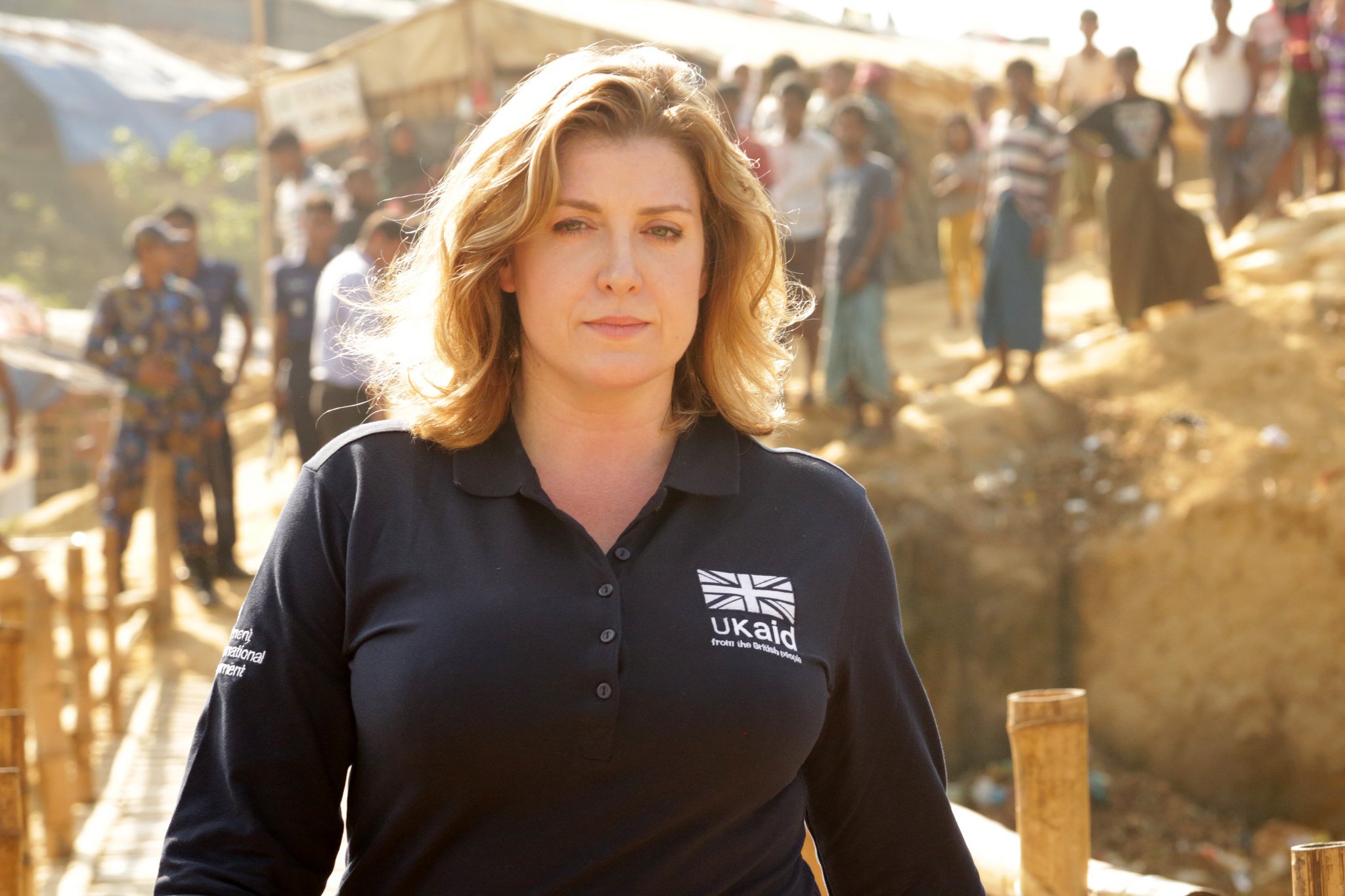Secretary of State Penny Mordaunt takes the stage tomorow to lay out the UK’s evolving vision for international development. The UK has the highest per capita spending of any major global economy, a track record of strong leadership and a desire to build a post-Brexit ‘Global Britain’, so there is a lot at stake.
Leadership is urgently required. The collective challenges we face are enormous, including crises from Syria to the Sahel, the threat of catastrophic climate change, risks of pandemics and food shortages, and rising inequality. These challenges need more resources, more innovation, and more collaborative approaches. They also need more leadership driven by the right values. The UK has the capacity to lead. Does it have the vision and will?
Here are the five areas the Secretary of State and her team should focus on to meet that ambition.
- Articulate a serious agenda and use your position to drive positive change. Value for money – often assessed in terms of results – is critical, for taxpayers, recipients, and the future of aid. Indeed, focusing on results is at the heart of some of the tremendous development progress made over the past two decades. But it is big agendas and high level political leadership that achieve transformative change. That can be about making sure everyone has access to renewable energy or decent work. Or that trade is about fairness and inclusion. Or that no child anywhere dies of an easily preventable disease. Or, even, getting countries to a place where they no longer need aid. Achieving positive change isn’t just about the amount of money spent or saved – it’s about leading a global effort to deliver on a serious agenda.
- Relentlessly focus on ending extreme poverty and leaving no one behind. If we succeed in making sure the poorest or most excluded, like disabled people, have a chance, then our societies will be more inclusive, more prosperous, and more resilient to dealing with big challenges. I am convinced that the strongest moral and cost/benefit argument militates in favour of ensuring there are not a billion disaffected people lacking nutrition, education, health care, or economic opportunity. And within that, the fastest most economical path is probably through women and girls.
- Recognise that the success or failure of the Sustainable Development Goals will be defined by effective approaches to dealing with fragility. British (and global) security must be concerned about record numbers of displaced people, rising violent extremism, corruption and criminality. Combining security, diplomacy, development, and humanitarian assistance in ways that help prevent and resolve complex crises is essential. These ‘win-wins’, however, are not easy. The UK must step up its game both on how it works across the UK government and in bringing ambition to international coordination on the biggest concerns.
- Invest in evidence and ideas. The great advances in technology, economics and politics come from ideas, not just programmes. When our decision-makers are pushed to innovate and use evidence for the basis of their decisions, they can do great things. Evidence and ideas are both a global public good and they enable the UK to lead in global debates. Many others don’t push this as much, don’t do it well and aren’t as willing to be transparent. ‘Innovation is Great Britain’ doesn’t only need to be about £200,000 sports cars, it can also be about drought resistant crops, a vaccine for malaria, or seaweed-based energy sources.
- Lead with values. There is global retrenchment of freedom, democracy, human rights, space for civil society, protection for the vulnerable. UK leadership must rest on the values that have defined the UK through many eras. The truth is that the UK thrives in a world where its values thrive and will diminish where rule of law and democratic accountability fade.
Let’s see what vision the Secretary of State articulates.

